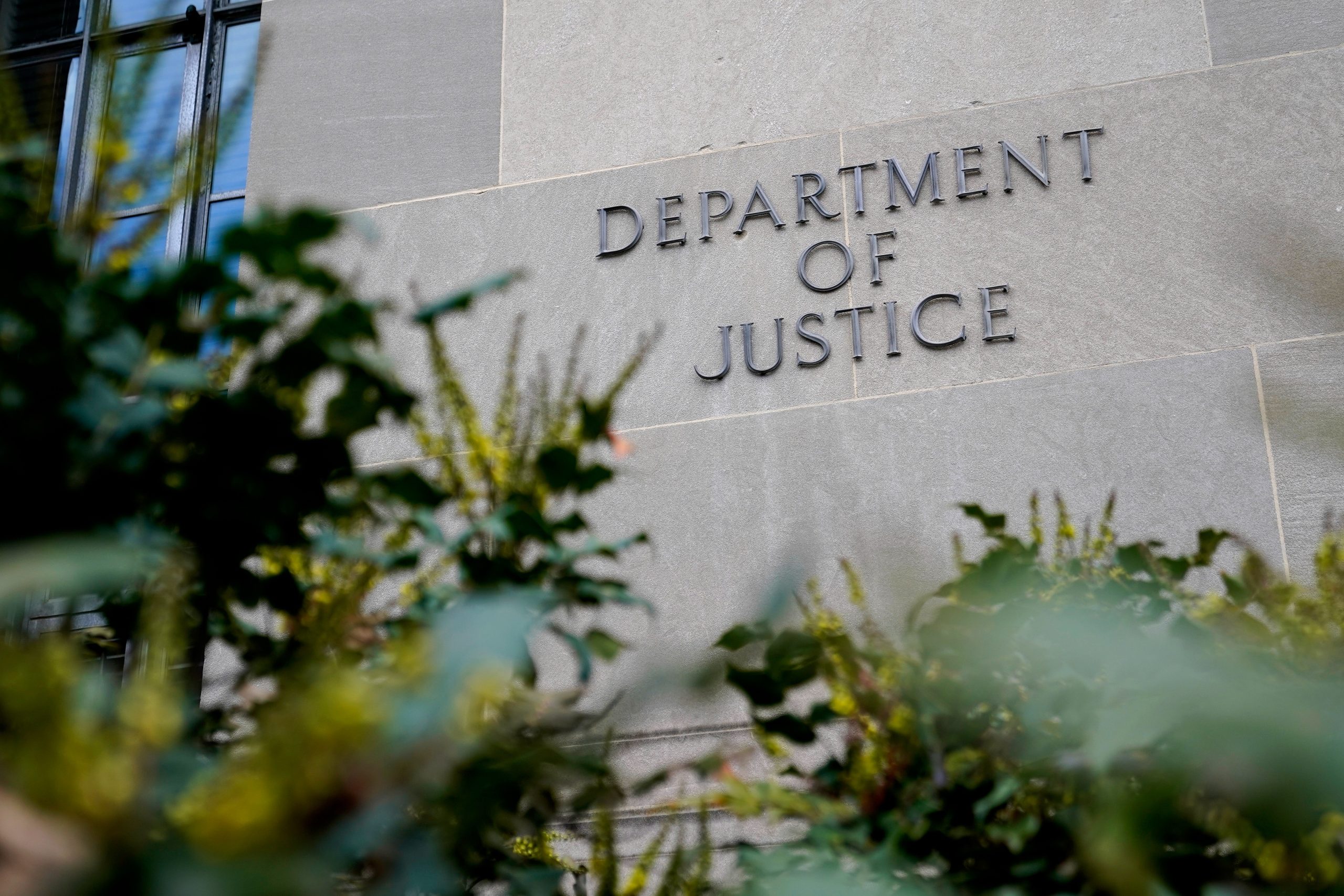The Justice Department has unveiled proposed changes to regulations governing state-run programs providing financial aid to victims of violent crime.
This substantial overhaul, spearheaded by the Justice Department’s Office for Victims of Crime, aims to address racial disparities and reduce the number of subjective denials of compensation, following revelations of discriminatory practices against Black victims exposed by an Associated Press investigation last year.
The proposed changes seek to prohibit states from considering a victim’s criminal history and eliminate some of the most subjective reasons for denials.

Implicit biases rooted in the criminal justice system have been identified as factors contributing to unjustifiable disparities in denial rates, particularly for certain populations.
If adopted, the alterations would usher in a transformative shift in how states handle victims’ compensation claims, impacting financial assistance programs for victims of violent crime nationwide.
Thousands of Americans rely on state-run victim compensation programs to receive aid for funeral expenses, therapy, lost wages, crime scene cleanup, and more.
The Associated Press investigation revealed that, in 19 out of 23 states providing racial data, Black victims were disproportionately denied compensation. Black applicants in states such as Indiana, Georgia, and South Dakota were nearly twice as likely to face denials compared to white applicants.
The proposed changes intend to rectify these disparities by strict limitations on considering a person’s misconduct as a basis for denial, explicitly defining contributory conduct, and preventing the clawback of funds received from crowdfunding sources.
Pamela White, whose son was initially denied compensation by Louisiana’s program, welcomed the proposed rule changes. The changes aim to streamline the process and avoid unnecessary hurdles for victims already navigating challenging circumstances.
Over the past decade, some states have implemented laws or regulatory changes to address subjective denials, often in response to protests and advocacy efforts by victims and their supporters.
The federal proposal aligns with the calls for a victim-centered approach and fair access to assistance during crises. Lenore Anderson, president and co-founder of the Alliance for Safety and Justice, commended the proposed reforms, stating they have been long overdue.
The changes are seen as a step toward expanding victim access and securing fair assistance, addressing concerns voiced by advocates for decades.
The proposed rule changes are now open for a 60-day public comment period, allowing stakeholders and the public to provide feedback. After considering public input, the final rule changes may take several months to process.


